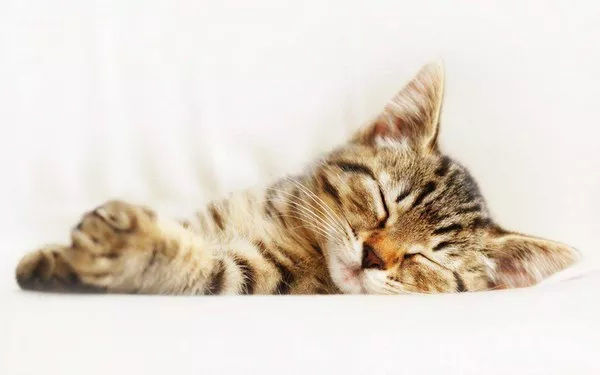Bengal cats have been bred to resemble their wild ancestors, the Asian Leopard Cat. With their strikingly beautiful coat patterns and captivating personalities, it’s no wonder why they’re a popular breed among cat lovers. However, many people wonder if Bengal cats are aggressive.
The short answer is no, Bengal cats are not inherently aggressive. However, as with any animal, there are exceptions, and each cat’s personality and temperament are unique. With that said, let’s explore in more detail why some people might believe Bengal cats are aggressive and how to ensure a well-behaved feline.
The History of Bengal Cats
Bengal cats originated from breeding domestic cats with the Asian Leopard Cat, a wild feline species. This breeding began in the 1960s and continued into the 1980s. The goal of the breeding was to create a domestic cat with the appearance of a wild cat but with a friendly and affectionate personality.
The breeding was successful, and the Bengal cat became recognized as a breed by The International Cat Association (TICA) in 1986. Since then, the Bengal cat has grown in popularity and is now one of the most beloved cat breeds in the world.
Personality and Temperament
Bengal cats are known for their playful, energetic, and curious personalities. They’re often described as “dog-like” because they love to follow their owners around and play fetch. They’re also known for their intelligence, which makes them easy to train and teach tricks.
In general, Bengal cats are very social and enjoy spending time with their owners. They thrive on attention and love to be petted and cuddled. However, they can be somewhat demanding of their owner’s time and attention, and they don’t like to be left alone for long periods.
Are Bengal Cats Aggressive?
As previously mentioned, Bengal cats are not inherently aggressive. However, they can be prone to behavioral issues if not trained and socialized properly. Some common issues include:
- Scratching: Like all cats, Bengal cats have a natural instinct to scratch. However, if they’re not provided with a scratching post or if they’re not trained to use it, they may scratch furniture or other household items.
- Biting: Bengal cats are playful and curious, but if they’re not taught boundaries, they may nip or bite their owners or other pets.
- Aggression towards other cats: Bengal cats can be territorial and may become aggressive towards other cats in the household.
These behavioral issues are not unique to Bengal cats and can be present in any cat breed. The key to preventing these issues is proper training and socialization.
Training and Socialization
To ensure a well-behaved Bengal cat, it’s important to start training and socialization at a young age. Kittens are more receptive to training and can learn basic commands and behaviors quickly.
Here are some tips for training and socializing your Bengal cat:
- Provide plenty of toys and scratching posts: Bengal cats are active and love to play. Providing them with plenty of toys and a scratching post will keep them entertained and prevent them from scratching furniture or other household items.
- Teach boundaries: It’s important to teach your Bengal cat boundaries early on. If they nip or scratch, gently redirect their behavior and provide them with a toy or scratching post.
- Socialize with other pets: Introduce your Bengal cat to other pets in the household slowly and supervised. This will help prevent territorial behavior and aggression towards other pets.
- Spend time with your Bengal cat: Bengals thrive on attention and love to spend time with their owners. Spending time with your cat will strengthen your bond and prevent them from becoming bored or lonely.
In conclusion, Bengal cats are not aggressive by nature. However, like all cats, they can exhibit behavioral issues if not trained and socialized properly. With proper training and socialization, Bengal cats can be well-behaved, affectionate, and playful pets.


























